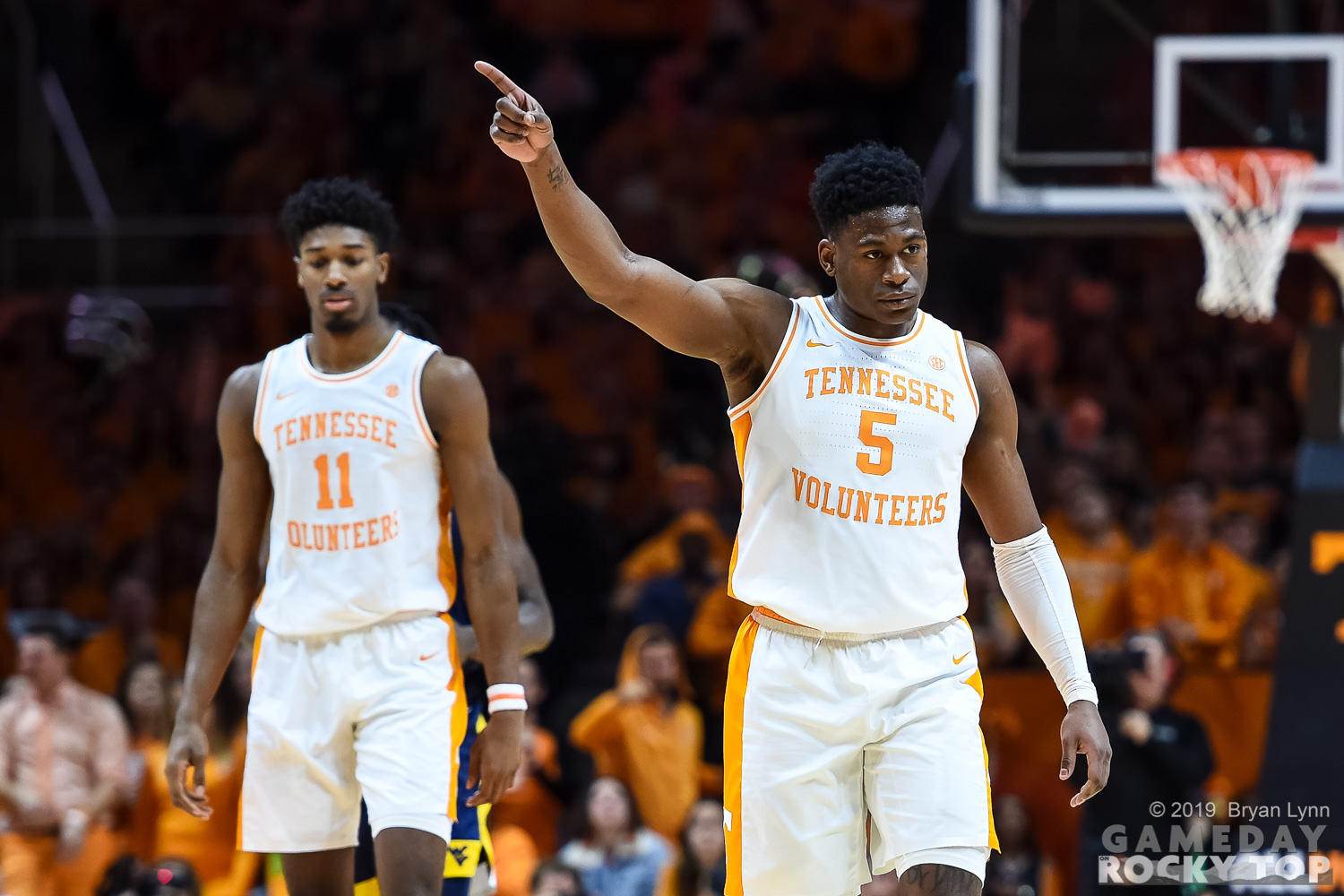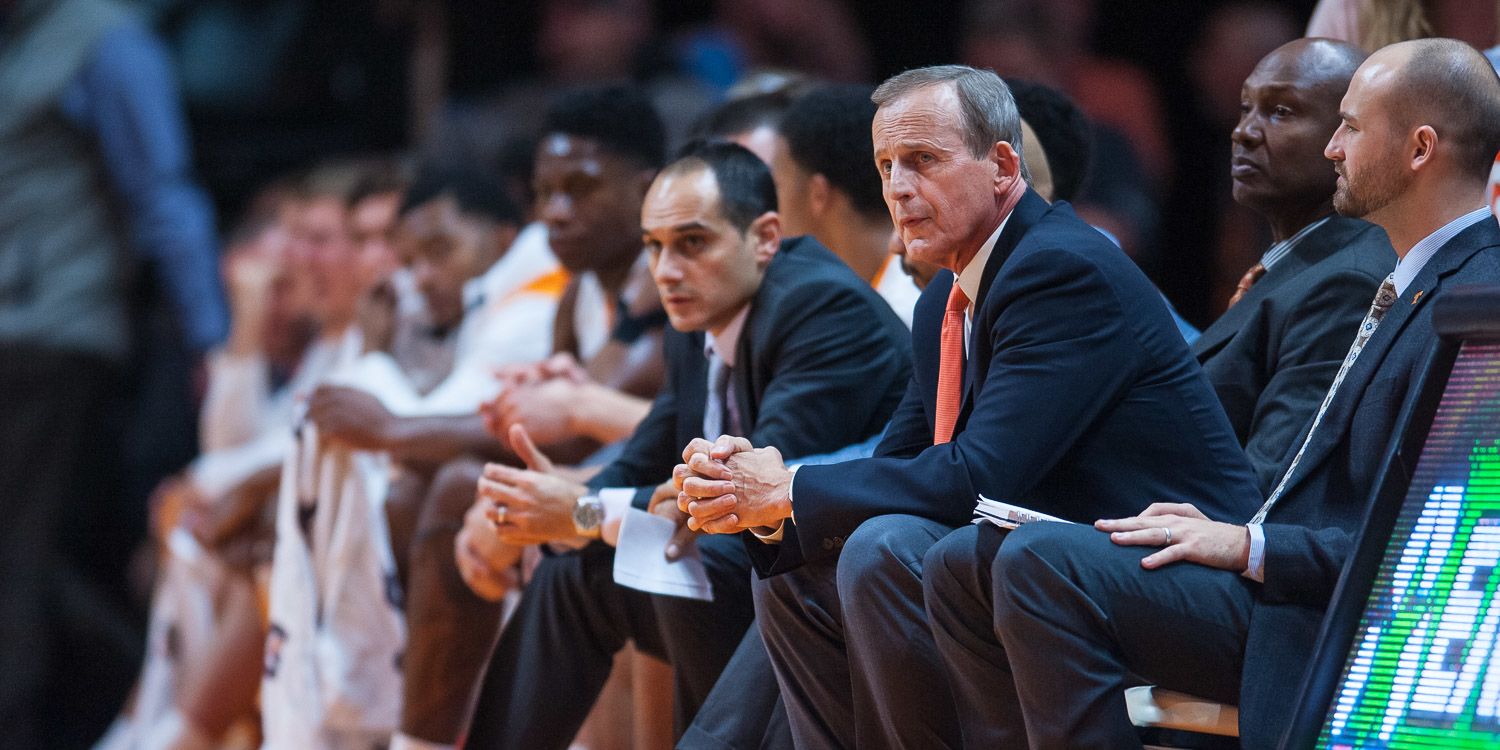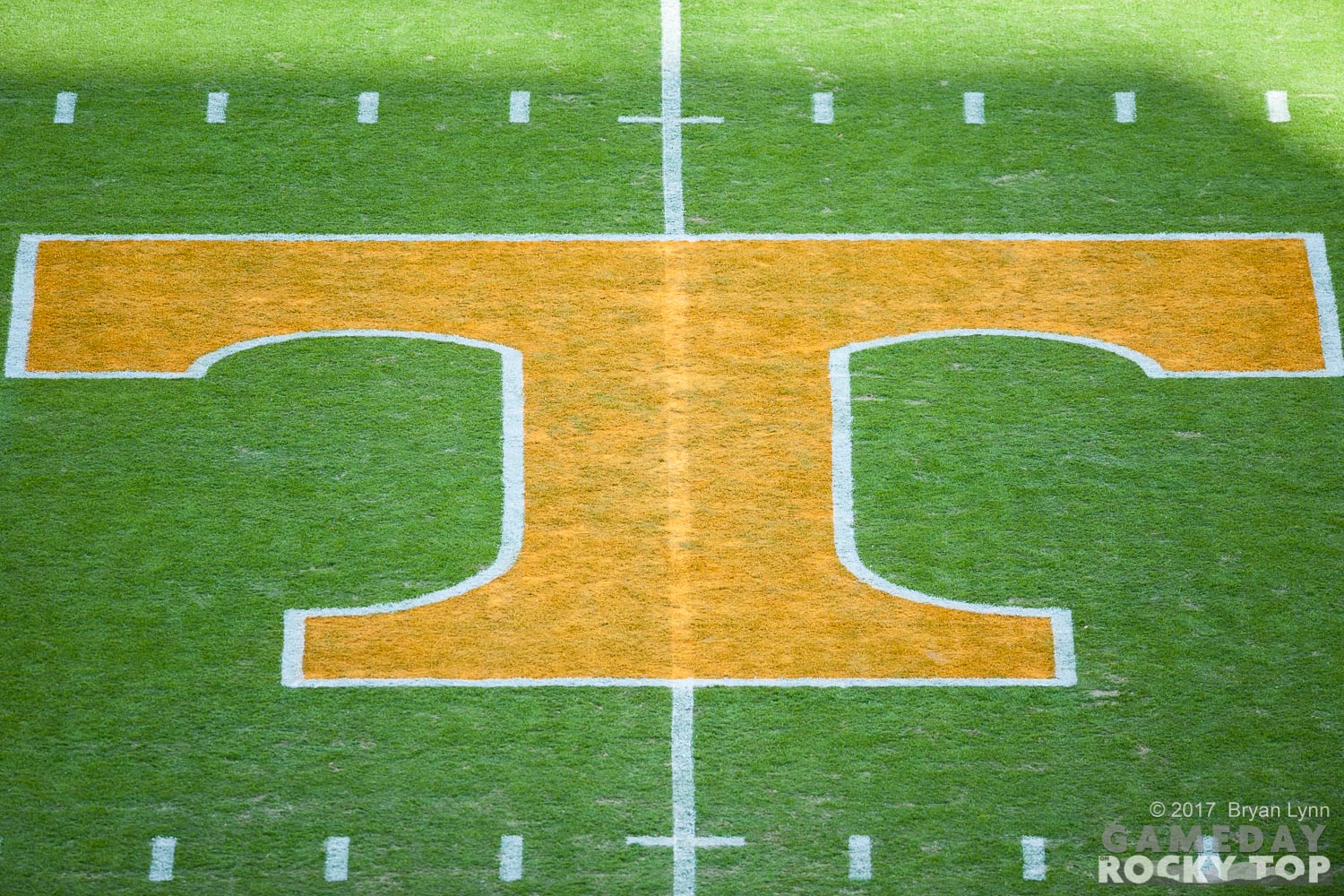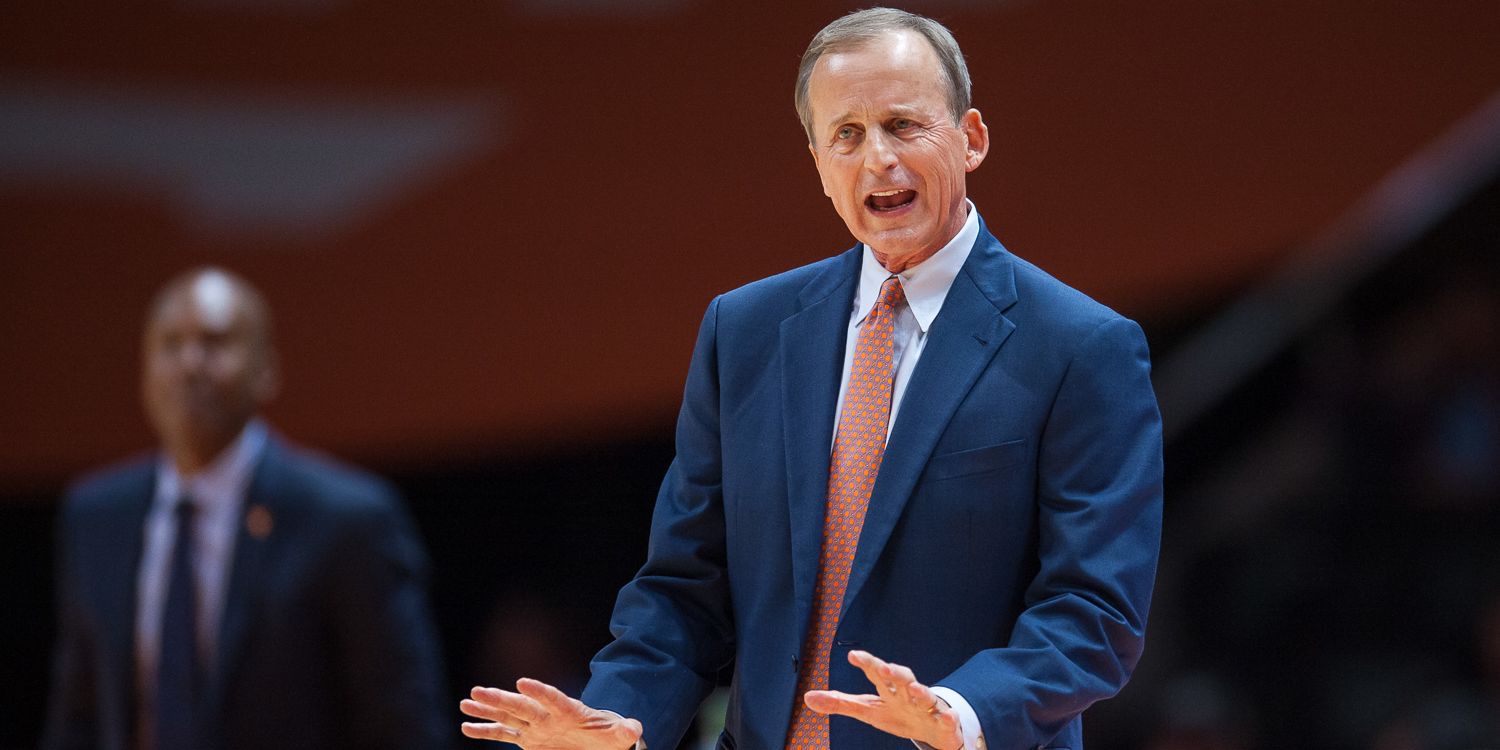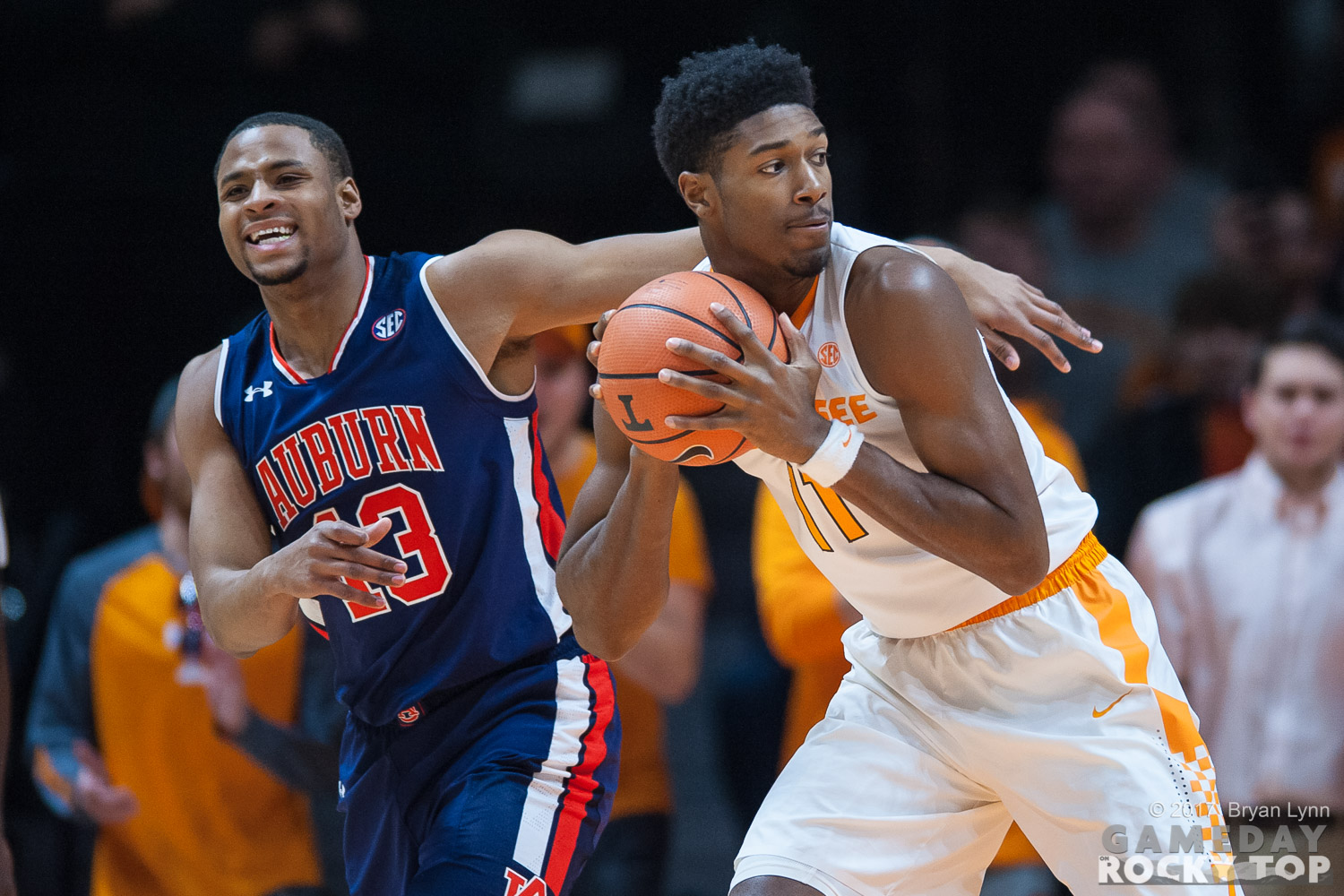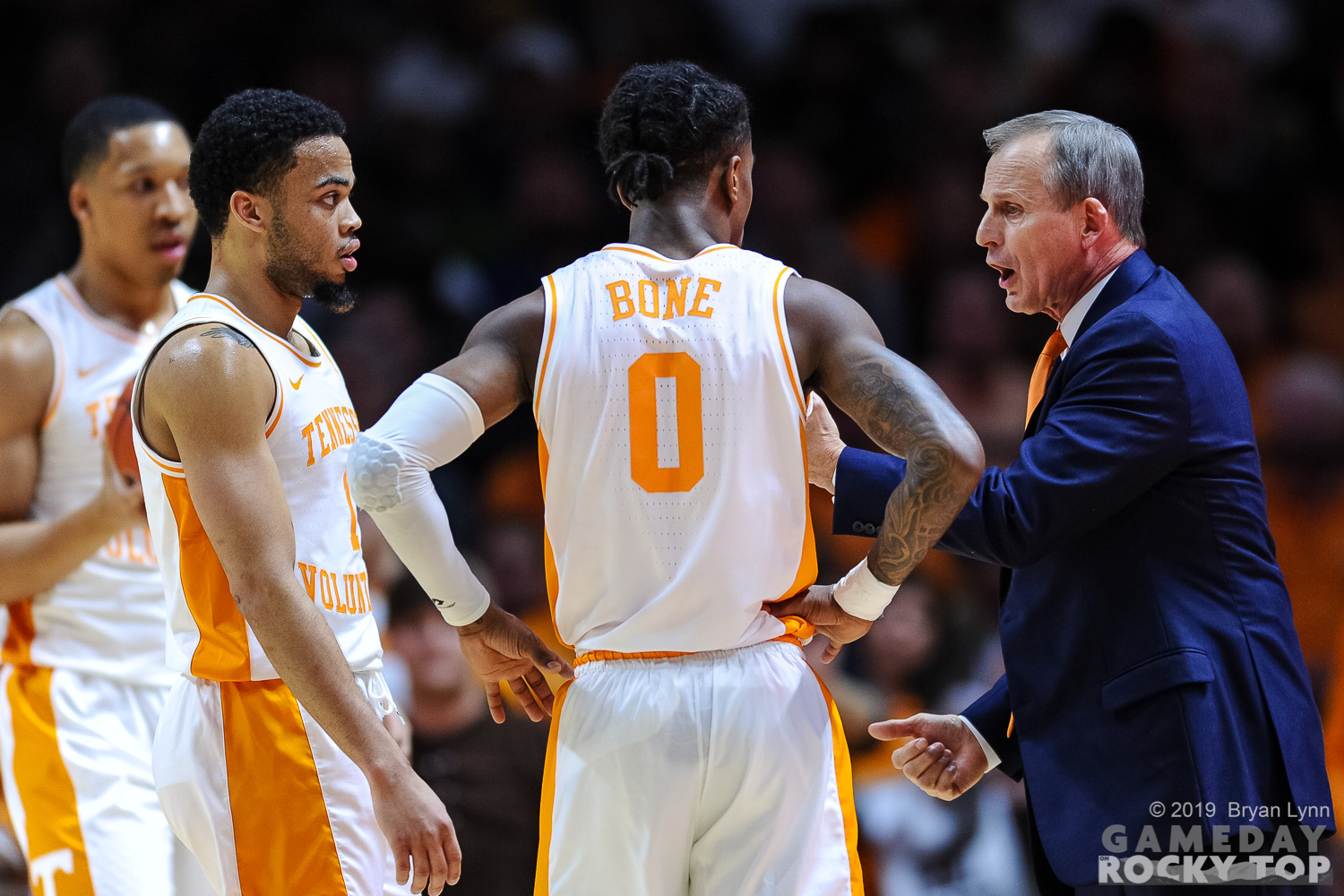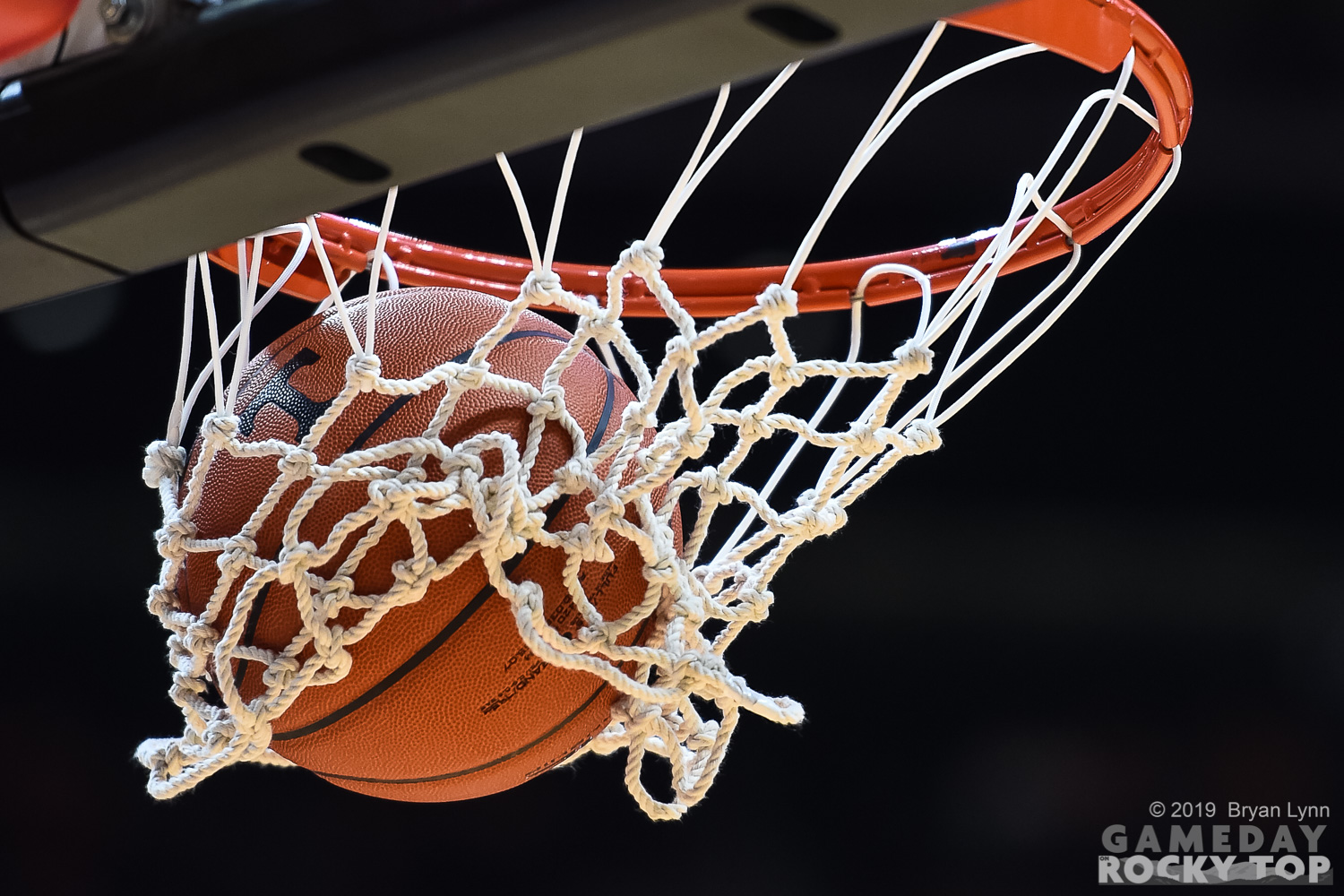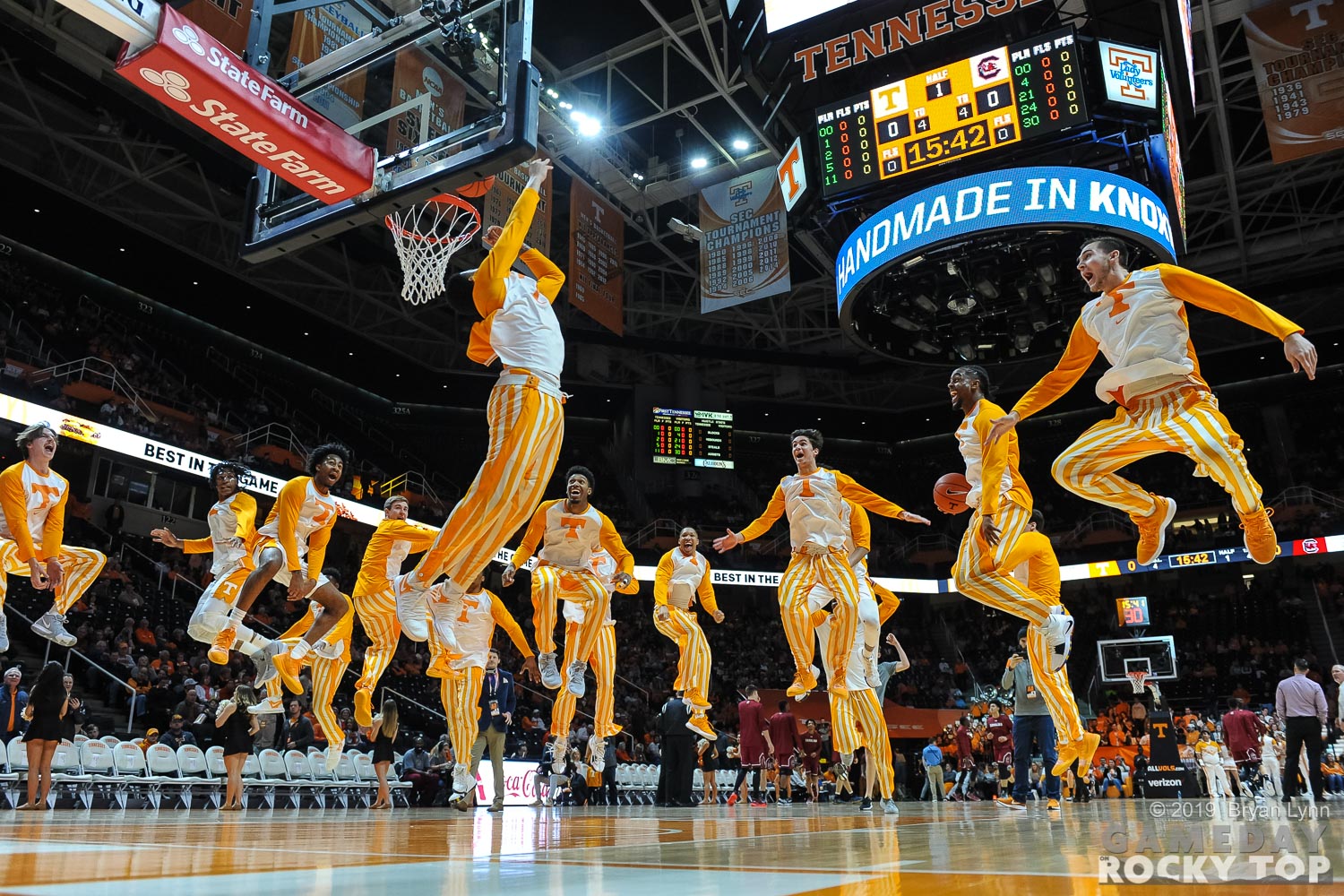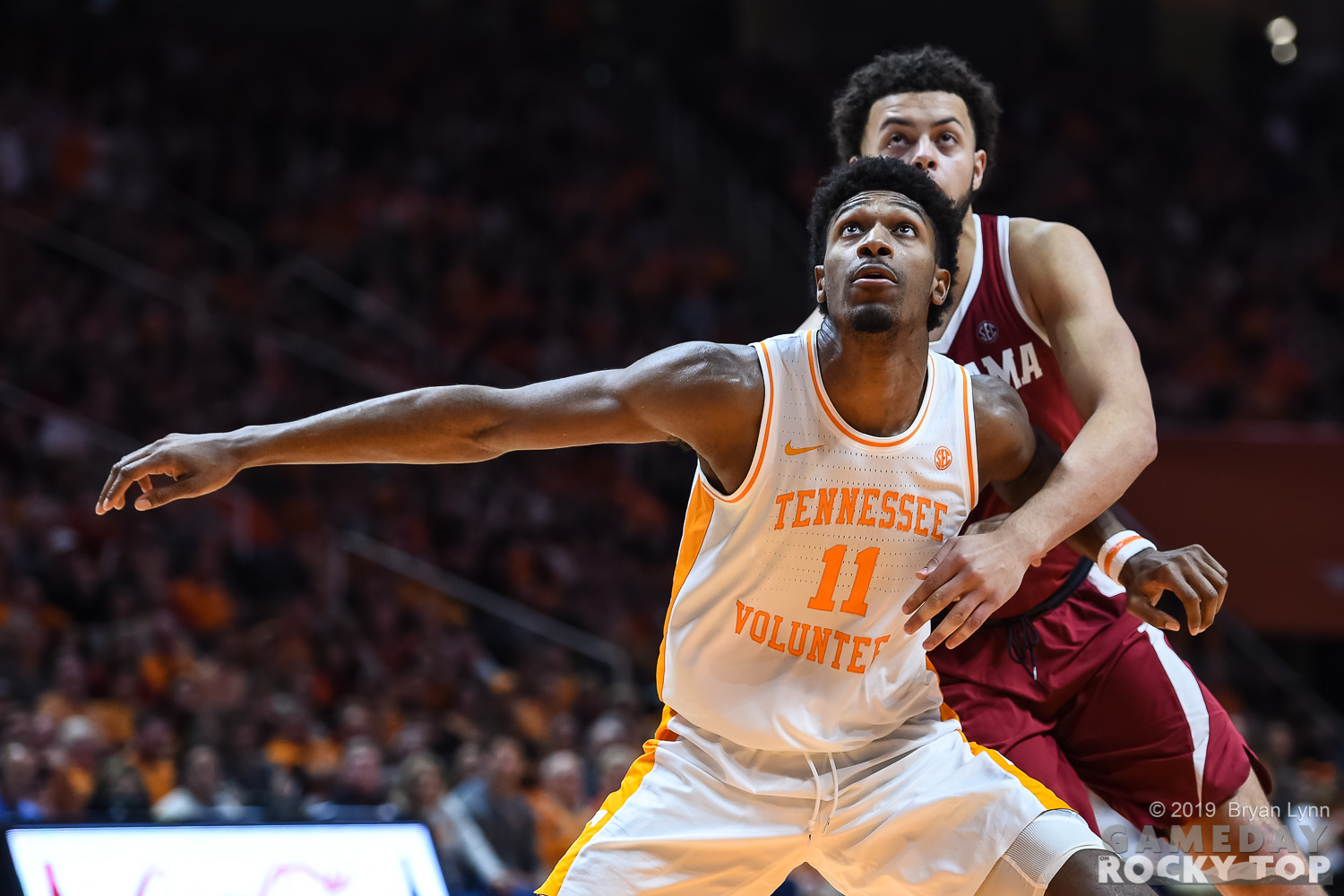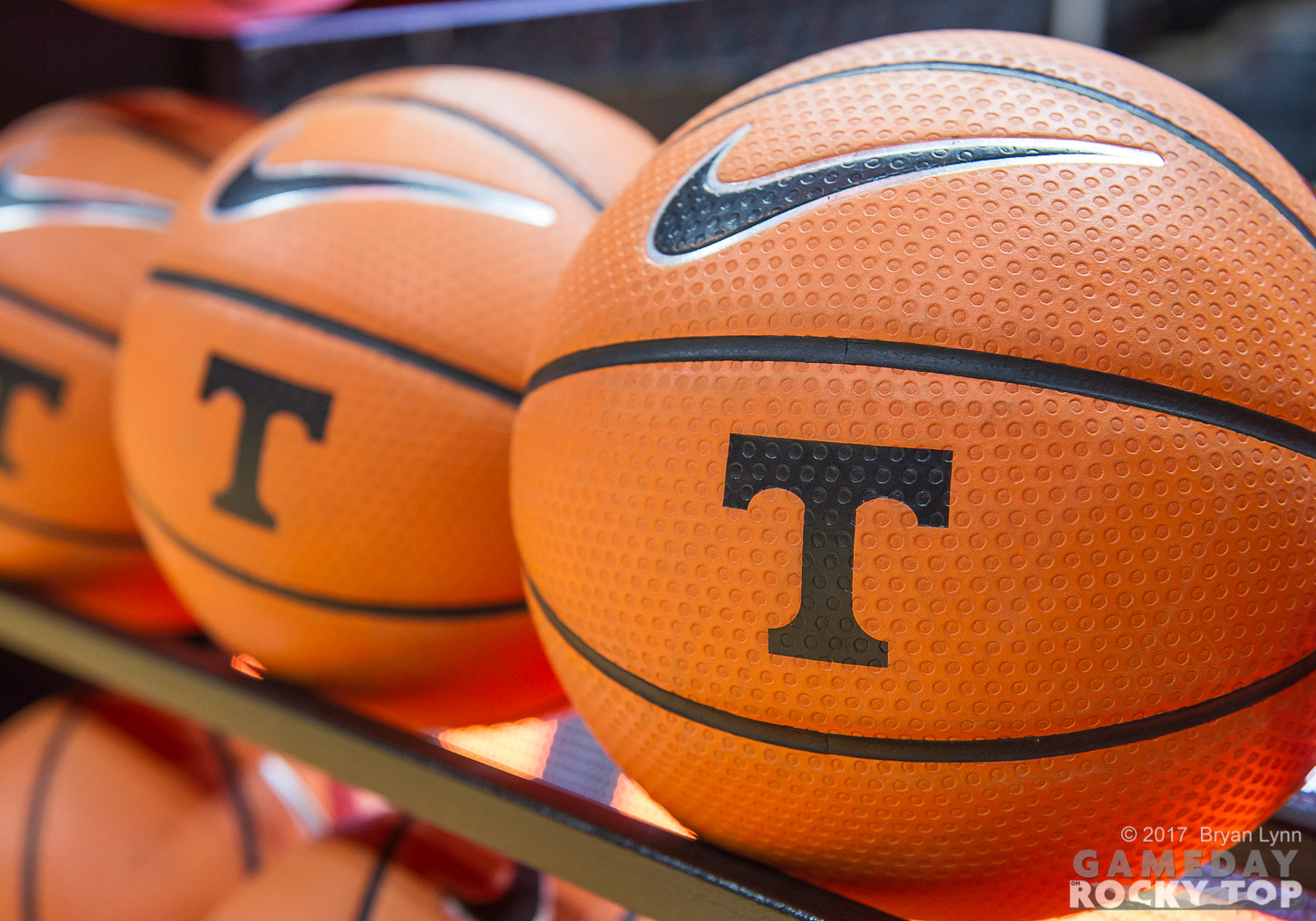Ken Pomeroy’s data goes back to 2002; it’s a clean starting line for Tennessee basketball, as that was Buzz Peterson’s first year. We love history around here, and it’s fun to use the KenPom data to compare what the Vols have done over these last 18 seasons.
Among Tennessee teams, the 2019 Vols rate highest in that metric, finishing the season at +26.24. We’ve known that would be the case for a while. But I thought it would be fun to go back and find Tennessee’s best wins in KenPom – the best teams the Vols beat – in these last 18 years.
A great example of both KenPom’s strength and the unpredictable nature of the NCAA Tournament: Virginia was the best team in KenPom almost the entire season, and finished at +34.22. That’s the third-highest rating of the entire 18-year KenPom era, behind only the 38-1 2015 Kentucky team and 2008 Kansas. And yet Virginia needed multiple miracles to win the big prize. Even one of the highest-rated teams of the century needed to be both lucky and good after the tournament’s first weekend.
This list isn’t Tennessee’s most memorable wins, which factor in rivalries and what was on the line. These are simply the best teams the Vols beat using one of the best available metrics. We did this exercise with S&P+ and football at Rocky Top Talk three years ago; the 1999 win over Alabama probably isn’t in your top five, but in S&P+ it’s Tennessee’s fifth-best win since 1980.
We’re doing the Top 10, but the first honorable mention at 11th: the John Wall/DeMarcus Cousins 2010 Kentucky team. I often think of that group as one of the very best teams the Vols ever beat because of the two NBA All-Stars in the starting lineup. But in KenPom, these ten teams were even better:
10. 2018 Purdue +26.67 – Part one of what could be a three-act play, if the Vols and Boilermakers meet again in Destin at Thanksgiving. Tennessee’s win in the Bahamas in November 2017 was the starting point for all the success we’ve enjoyed in the last two seasons; in KenPom that game also rates as Tennessee’s most exciting win of the decade, beating out this year’s win over Vanderbilt, the 2013 four overtime affair at Texas A&M, and another honorable mention that ranks much higher in our hearts: the 2010 Sweet 16 win over Ohio State.
9. 2011 Pittsburgh +27.08 – The last elite win of the Bruce Pearl era, the Vols went to Pittsburgh on December 11, 2010 to face the undefeated #3 Panthers, who had beaten Rick Barnes and Texas earlier that year. Behind 27 points from Scotty Hopson on 10-of-13 shooting, the Vols led by as many as 20 points before winning 83-76. The Vols were 7-0 and thinking Final Four, then lost their next three games to Oakland, Charlotte, and USC, the start of a 12-15 finish to the season as rumors about Pearl’s future swirled. That Pitt team with Brad Wanamaker and Ashton Gibbs was a No. 1 seed, but lost to Butler in the second round.
8. 2019 Kentucky (twice) +27.57 – When Rick Barnes said that SEC Tournament semifinal game felt like a Final Four game, KenPom backed it up. This wasn’t the best Kentucky team of the century (2015), or the best one Tennessee beat (see the next entry). But these three games had more on the line than any UT/UK match-up this century. And the SEC Tournament showdown will go down as one of the biggest wins in that kind of situation the Vols have ever enjoyed.
7. 2017 Kentucky +27.72 – Just edging out this year’s Wildcats is the 2017 version with Malik Monk, De’Aaron Fox, and Bam Adebayo. Robert Hubbs gave Tennessee 25 points, but freshman Grant Williams stepped up with 13 points, 6 rebounds, 6 assists, 4 blocks, and 3 steals. He hit the game-decider at the end of the shot clock, putting Tennessee up five with 17 seconds to go, all of this while battling leg cramps. Tennessee won 82-80 and put itself on the bubble. Kentucky went to the Elite Eight and lost to North Carolina by two.
6. 2006 Florida (twice) +28.28
5. 2007 Florida +30.81
These days Al Horford is the veteran “he’s more important than his stat line” guy on my favorite NBA team, and Joakim Noah is coming off the bench for the Memphis Grizzlies. It’s so strange to me that there are young Tennessee fans that don’t know what it was like to watch these two national champion Florida teams in warm-ups and think, “Man, we have to play perfect to beat these guys,” and then watch Tennessee do exactly that three times! And in KenPom, the Vols also beat one Gator team rated even higher:
4. 2013 Florida +31.18
The Wilbekin/Boynton/Patric Young Gators don’t have the most name recognition among Florida squads this century, but they were a force in the SEC, routinely blowing out everyone else in a down year for the league. But at the end of a six-game winning streak that could’ve/should’ve put Cuonzo Martin’s second team in the NCAA Tournament, and just three days after that four overtime game, Tennessee beat the Gators 64-58 in Knoxville behind 27 points from Jordan McRae. Florida went on to lose in the Elite Eight.
3. 2008 Memphis +31.51 – Needs no introduction, other than to say this team ultimately went farther than any on the list besides the 06/07 Gators. Fun fact: the Vols beat two eventual NBA MVPs in consecutive years, getting Kevin Durant in 2007 and Derrick Rose in 2008.
2. 2010 Kansas +31.85 – Still probably the most remarkable and unlikely Tennessee win of the decade, if not the century, in either sport. Down four players and, thanks to foul trouble, getting only 14 minutes from J.P. Prince and 19 minutes from Wayne Chism, the Vols beat #1 and undefeated Kansas. Scotty Hopson and Bobby Maze were great, but the Vols also won thanks to 14 points from Renaldo Woolridge and a clutch bomb from Skylar McBee. This Kansas team had the Morris twins, Cole Aldrich, and Sherron Collins. They would finish the regular season 32-2 before losing a stunner to Northern Iowa in the second round of the tournament.
1. 2019 Gonzaga +32.85 – No Killian Tillie, but he only played 15 games the entire year, meaning Gonzaga earned much of this rating without him. At +32.85, this is the 10th highest-rated team of the entire KenPom era. And it’s one more feather in an impressive cap of the last two years: this collection of players scored four wins against this list, five if you count 2017 Kentucky.
